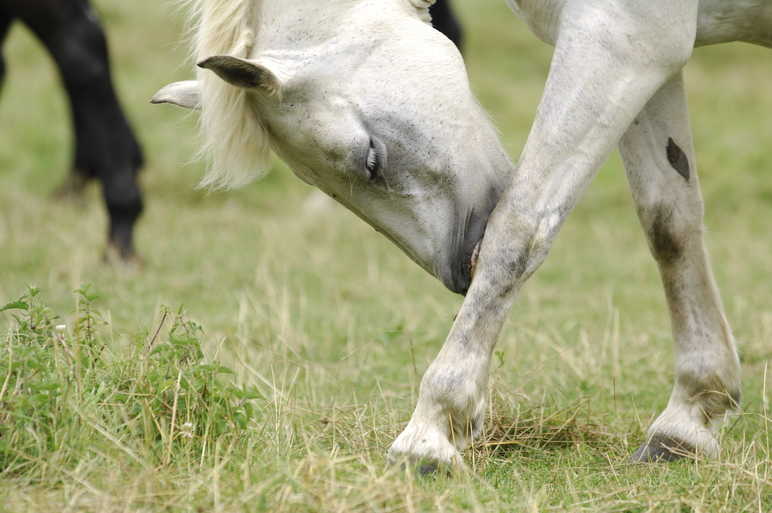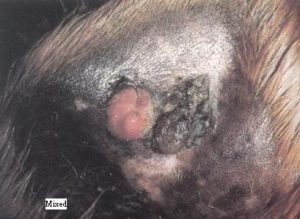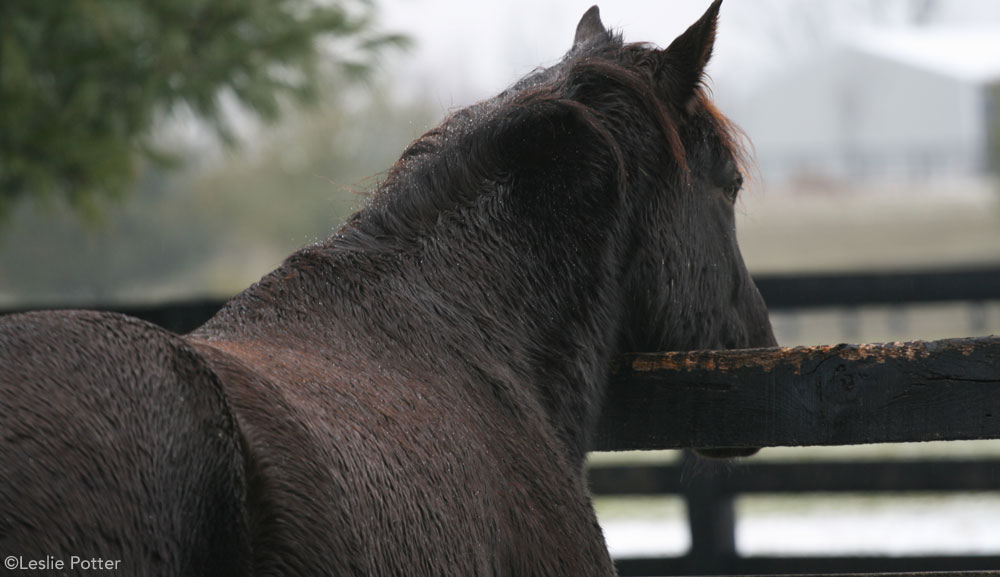Skin Conditions: Identification and Treatment in Your Horse

Understanding and managing skin conditions in horses is crucial for their health and comfort. This article explores common equine skin issues, how to identify them, and effective treatment options.
Common Skin Conditions in Horses

| Condition | Symptoms | Causes | Treatment Options |
|---|---|---|---|
| Rain Scald (Dermatophilosis) | Crusty scabs, hair loss, moist lesions | Bacterial infection, wet conditions | Keep dry, topical antibiotics |
| Ringworm | Circular patches of hair loss, scaly skin | Fungal infection | Antifungal creams, isolation |
| Sweet Itch (Culicoides Hypersensitivity) | Intense itching, hair loss, skin thickening | Allergic reaction to insect bites | Insect repellents, corticosteroids |
| Sarcoids | Warty growths, variable appearance | Viral origin, genetic factors | Surgical removal, cryotherapy |
Identification Tips
- Visual Inspection: Regularly check your horse’s coat for unusual spots, scabs, or hair loss.
- Behavioral Signs: Watch for excessive scratching, rubbing, or discomfort.
- Environmental Factors: Note any recent changes in weather, pasture, or stable conditions.
Treatment Approaches
- Consult a Veterinarian: Accurate diagnosis is essential.
- Topical Treatments: Use medicated shampoos, creams, or ointments as prescribed.
- Environmental Management: Keep the horse’s living area clean and dry.
- Preventive Measures: Use fly sheets, insect repellents, and maintain good hygiene.
Frequently Asked Questions (FAQ)
Q1: How can I prevent skin conditions in my horse?
A1: Maintain a clean environment, provide regular grooming, and protect your horse from insects and wet conditions.
Q2: When should I see a vet for my horse’s skin problem?
A2: If the condition worsens, spreads, or does not improve with basic care, consult a veterinarian promptly.
Q3: Are skin conditions contagious to other horses?
A3: Some conditions like ringworm are contagious, so isolation and hygiene are important.
Q4: Can diet affect my horse’s skin health?
A4: Yes, a balanced diet rich in essential fatty acids and vitamins supports healthy skin.
By understanding these common skin conditions and their treatments, you can ensure your horse remains healthy and comfortable throughout the year.
